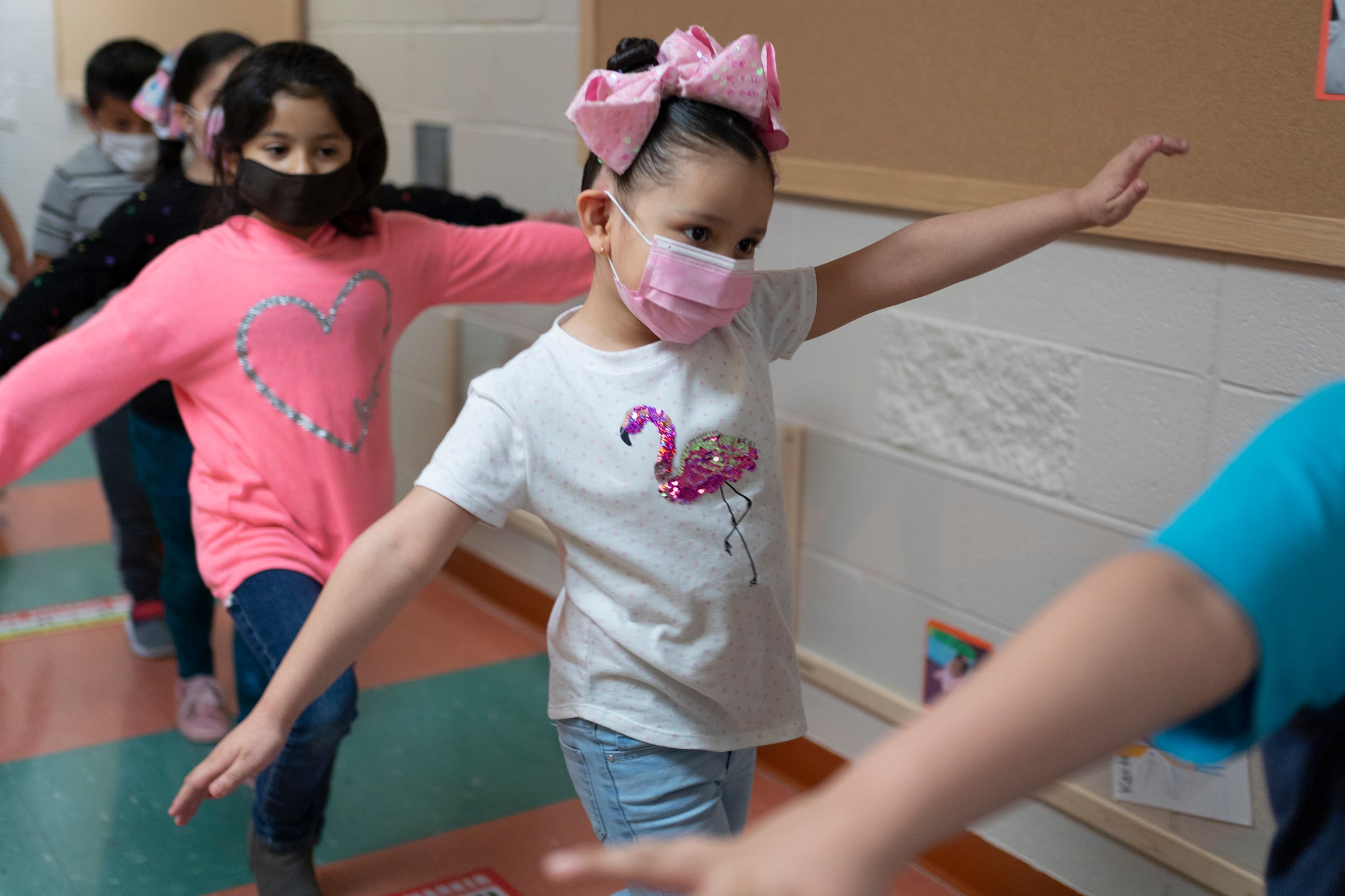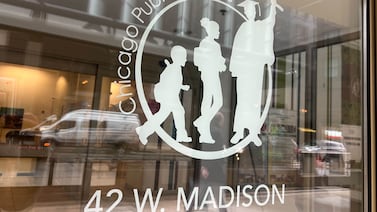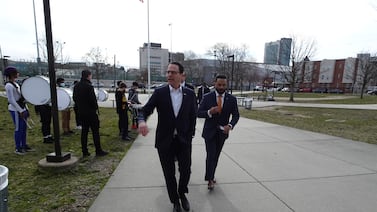Philadelphia introduced a new system Wednesday to determine what type of COVID restrictions will apply to restaurants and public places — but safety protocols in the city’s public schools will remain the same for now, the health commissioner said.
For schools, that includes wearing masks and testing a random sample of 10% of unvaccinated students every week.
Health Commissioner Dr. Cheryl Bettigole could not say when updated guidance for schools could appear. “We are having conversations with the school district. Those are separate but parallel conversations,” she said.
The health department announced the new tier system, called COVID Response Levels, Wednesday during a virtual press conference. There are four levels, from “all clear” to “extreme caution,” that dictate what mitigation measures must be in place in restaurants and indoor public spaces. If the city’s COVID numbers improve, certain restrictions, such as showing a vaccination card, will ease. If the numbers get worse, officials will start enforcing those mandates again.
Asked if health officials are looking at what’s happening in other school districts, Bettigole said they are “looking all over the world.” She called it “surprising” that governors in Connecticut, Delaware, New Jersey and Oregon decided to ease universal school mask requirements in recent days ahead of an expected announcement from the Centers for Disease Control and Prevention.
“I don’t necessarily want to follow that,” she said. “I want us to follow the science.”
The new system for Philadelphia includes these tiers:
- Extreme Caution: proof of vaccination required for places that serve food or drink; masks required in indoor public places
- Caution: proof of vaccination or negative test within 24 hours for places that serve food or drink; masks required in indoor public places
- Mask Precautions: no vaccine requirement for places that serve food or drink; masks required in indoor public places
- All Clear: no vaccine requirement for places that serve food or drink; no mask requirement (except in schools, healthcare institutions, congregate settings, such as nursing homes, and on public transportation)
Bettigole said numbers for students in targeted racial groups who have received one dose of the vaccine have improved over the past few weeks, but she still remains ”concerned.”
Right now, 55% of Black children between ages 12 to 17 have received one dose of the vaccine, while 70% of Latino students in that age bracket have; 21.8% of Black students between the ages of 5 to 11 have received a shot, while 28.3% of Latino students in that age group have been at least partially vaccinated.
As of Wednesday, the city is seeing, on average, 189 new cases a day, compared to more than 500 cases a day last week, Bettigole said.
Children who are fully vaccinated do not have to quarantine if they are exposed to a COVID case, said James Garrow, communications director for the Philadelphia Health Department.
Though Bettigole has been a strong advocate of students returning to in-person learning this year, she’s also been adamant that it’s too dangerous for children who could still be infectious to go to school and sit unmasked during lunches with potentially unvaccinated children.
Bureau Chief Johann Calhoun covers K-12 schools and early childhood education in Philadelphia. He oversees Chalkbeat Philadelphia’s education coverage. Contact Johann at jcalhoun@chalkbeat.org
.







